Doubts over claims of "status-neutral elections"
While government officials claim that the upcoming local elections in Kosovo will be status neutral, the opposition and some analysts say this is "nonsense."
Monday, 19.08.2013.
12:22

BELGRADE While government officials claim that the upcoming local elections in Kosovo will be status neutral, the opposition and some analysts say this is "nonsense." "The Brussels agreement does not prejudice the sides' attitude toward the status issue, and the plan of its implementation defines the status neutral character of all actions arising from the basic agreement, including elections," Serbian president's adviser Marko Djuric has told the Belgrade-based daily Danas. Doubts over claims of "status-neutral elections" "The witness and guarantor of that is the EU, which has had the leading role in the process of the negotiations since the previous government removed the dialogue from the UN," he stated, and added: "Our ultimate aim is to get a strong (Serb) community and political institutions, the legitimacy of which will be recognized by all. In the medium and long term, it may very significantly strengthen our position, while the result of the election will be institutions on which nobody will have the right to impose a status that the interim institutions in Pristina unilaterally declared." Djuric also said the municipal elections in Kosovo scheduled for November 3 "do not mean a changing attitude towards the status issue for Serbia, but a step towards the political empowerment of the Serb community under very difficult circumstances." Djuric's party colleague and head of the SNS parliamentary group Veroljub Arsic noted that Serbia "must act in a status neutral manner in Kosovo and Metohija for as long as (UNSC) Resolution 1244 is in effect." But former minister for Kosovo, now opposition DSS party MP Slobodan Samardzic told the newspaper that "statusneutral elections do not exist," and added: "This is a Brussels-made concoction which Belgrade, but not also Pristina, should accept so that it turns out that the November 3 voting has nothing to do with an independent Kosovo. According to the Brussels agreement and the plan of its implementation, these elections will be organized according to the Kosovo laws and are not status-neutral." Samardzic was also quoted as saying that "status neutrality made sense until the unilateral declaration of Kosovo's independence in 2008, and from that moment on, no one can act as if those were interim institutions of self-government in Kosovo, because they were canceled by the declaration of independence." He pointed out that official Belgrade behaves as if the municipalities in Kosovo and Metohija "should with these elections transfer from the system of Serbia to the system of Kosovo." "These statements by state officials do not mean that ballot papers will not have the Kosovo coat of arms, or that the elections will really be status neutral," said opposition DS party MP Borislav Stefanovic - who was given the role of lead negotiator in the technical dialogue with Pristina conducted by the previous government. Asked whether the state can act "in a status-neutral manner" toward a part of its own territory - a principle first launched by the government headed by the DS - Stefanovic said that cabinet of Mirko Cvetkovic "had a policy tailored to the Constitution, ensuring that the Brussels agreements are status neutral and that this was guaranteed by the EU despite the different negotiating positions regarding the status of Kosovo." Stefanovic then stress that the present government "itself sought to resolve the status of Kosovo and Metohija, as if he its status had not already been resolved by the Constitution of Serbia." Bojan Stojanovic, the mayor of the enclave of Gracanica which functions within the Pristina government system, told the daily that "the Brussels agreement contains certain useful ambiguities that both negotiating sides believe will help them as a political analgesic." "If this election is status neutral, does that mean that in the second level of local government in Kosovo and Metohija there are ten extraterritorial municipalities? Everything's clear from the answers to the questions: who will organize the elections, regardless of how anyone refers to the institutions in Pristina, what is the system within which the community of Serb municipalities will work, which government and minister will be responsible for it? It is undisputed that the Serbs must firmly cooperate with Belgrade, but in practice they will be directly tied to Pristina," Stojanovic was quoted as saying. "The story of status neutrality began with negotiations mediated by Martti Ahtisaari. This solution showed up then, but no one had the courage and power to push it through in Serbia. This is not a new policy, it is the finalization of the policy of Boris Tadic. In the story about the status, Belgrade accepted everything - the Constitution, laws and institutions of Kosovo and Metohija, everything except the international recognition of an independent Kosovo and exchange ambassadors," political analyst Dusan Janjic was quoted as saying by Danas. Danas
Doubts over claims of "status-neutral elections"
"The witness and guarantor of that is the EU, which has had the leading role in the process of the negotiations since the previous government removed the dialogue from the UN," he stated, and added:"Our ultimate aim is to get a strong (Serb) community and political institutions, the legitimacy of which will be recognized by all. In the medium and long term, it may very significantly strengthen our position, while the result of the election will be institutions on which nobody will have the right to impose a status that the interim institutions in Priština unilaterally declared."
Đurić also said the municipal elections in Kosovo scheduled for November 3 "do not mean a changing attitude towards the status issue for Serbia, but a step towards the political empowerment of the Serb community under very difficult circumstances."
Đurić's party colleague and head of the SNS parliamentary group Veroljub Arsić noted that Serbia "must act in a status neutral manner in Kosovo and Metohija for as long as (UNSC) Resolution 1244 is in effect."
But former minister for Kosovo, now opposition DSS party MP Slobodan Samardžić told the newspaper that "statusneutral elections do not exist," and added:
"This is a Brussels-made concoction which Belgrade, but not also Priština, should accept so that it turns out that the November 3 voting has nothing to do with an independent Kosovo. According to the Brussels agreement and the plan of its implementation, these elections will be organized according to the Kosovo laws and are not status-neutral."
Samardžić was also quoted as saying that "status neutrality made sense until the unilateral declaration of Kosovo's independence in 2008, and from that moment on, no one can act as if those were interim institutions of self-government in Kosovo, because they were canceled by the declaration of independence."
He pointed out that official Belgrade behaves as if the municipalities in Kosovo and Metohija "should with these elections transfer from the system of Serbia to the system of Kosovo."
"These statements by state officials do not mean that ballot papers will not have the Kosovo coat of arms, or that the elections will really be status neutral," said opposition DS party MP Borislav Stefanović - who was given the role of lead negotiator in the technical dialogue with Priština conducted by the previous government.
Asked whether the state can act "in a status-neutral manner" toward a part of its own territory - a principle first launched by the government headed by the DS - Stefanović said that cabinet of Mirko Cvetković "had a policy tailored to the Constitution, ensuring that the Brussels agreements are status neutral and that this was guaranteed by the EU despite the different negotiating positions regarding the status of Kosovo."
Stefanović then stress that the present government "itself sought to resolve the status of Kosovo and Metohija, as if he its status had not already been resolved by the Constitution of Serbia."
Bojan Stojanović, the mayor of the enclave of Gračanica which functions within the Priština government system, told the daily that "the Brussels agreement contains certain useful ambiguities that both negotiating sides believe will help them as a political analgesic."
"If this election is status neutral, does that mean that in the second level of local government in Kosovo and Metohija there are ten extraterritorial municipalities? Everything's clear from the answers to the questions: who will organize the elections, regardless of how anyone refers to the institutions in Priština, what is the system within which the community of Serb municipalities will work, which government and minister will be responsible for it? It is undisputed that the Serbs must firmly cooperate with Belgrade, but in practice they will be directly tied to Priština," Stojanović was quoted as saying.
"The story of status neutrality began with negotiations mediated by Martti Ahtisaari. This solution showed up then, but no one had the courage and power to push it through in Serbia. This is not a new policy, it is the finalization of the policy of Boris Tadić. In the story about the status, Belgrade accepted everything - the Constitution, laws and institutions of Kosovo and Metohija, everything except the international recognition of an independent Kosovo and exchange ambassadors," political analyst Dušan Janjić was quoted as saying by Danas.










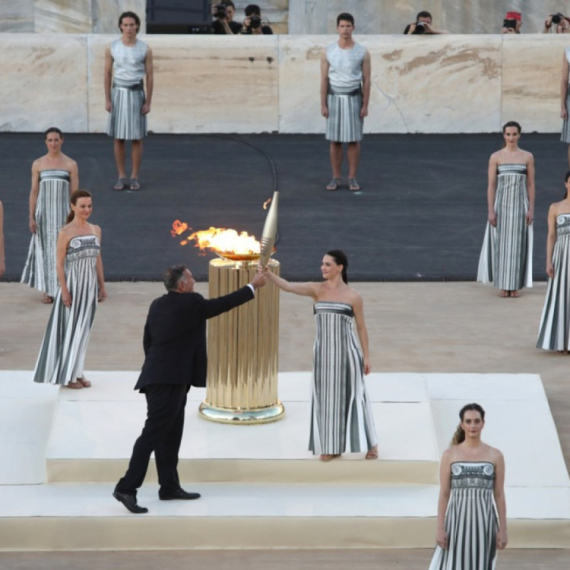
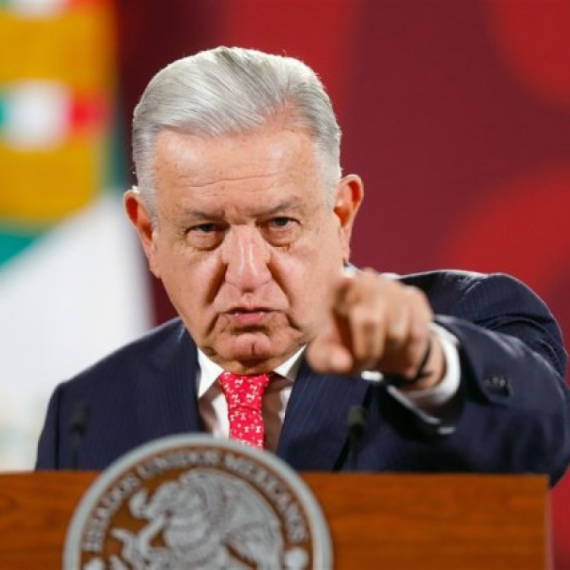



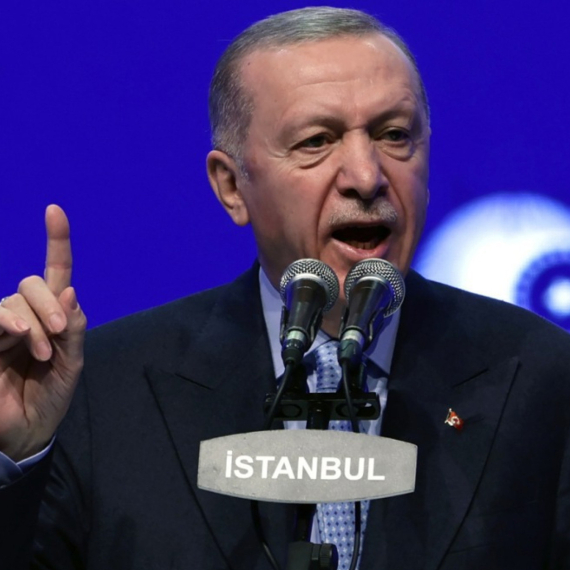


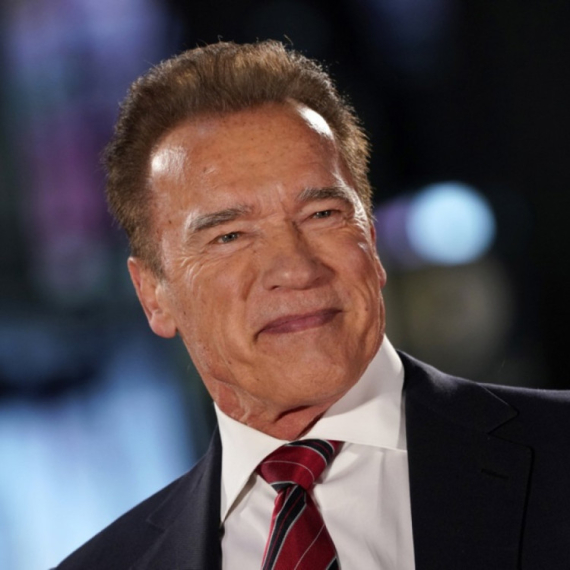
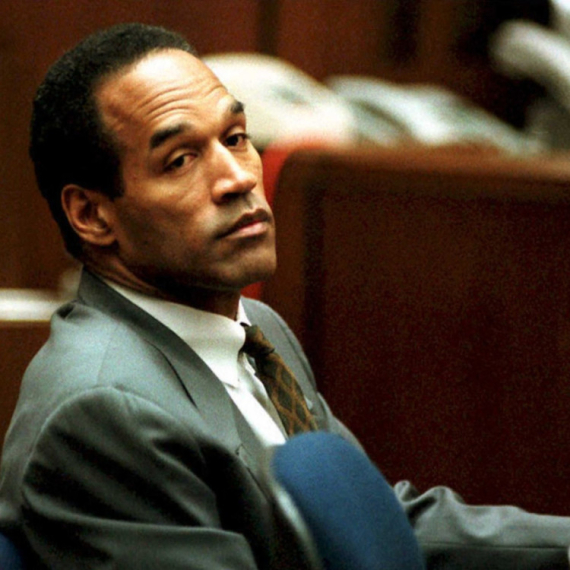

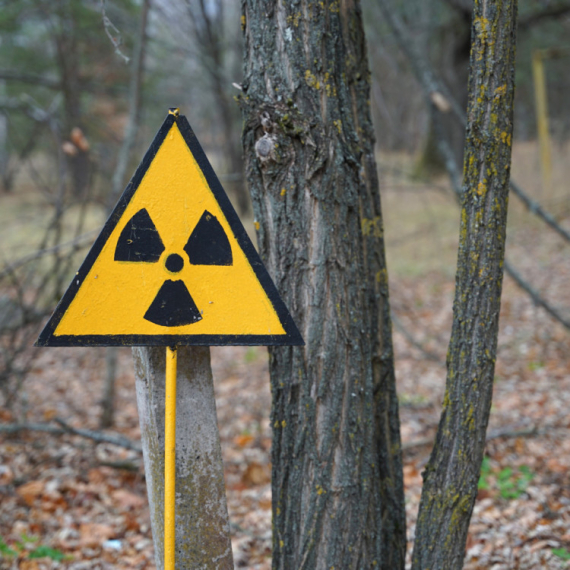































Komentari 1
Pogledaj komentare